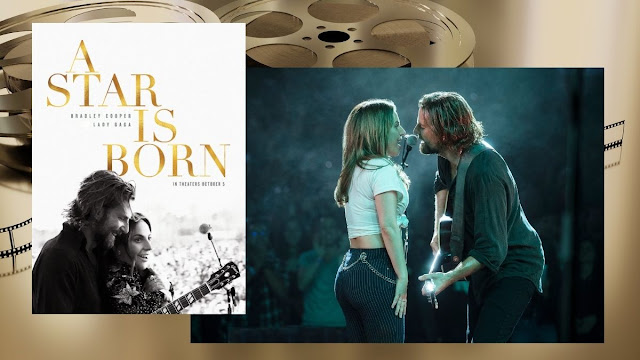Steve Reviews The Big Short
This is obviously a complicated topic. I assume many readers will recall that period of time when large banks such as Merrill Lynch, Bear Stearns, and Lehman Brothers were all over the news because they had gone bankrupt. But what, exactly, were these companies, and what did they do that caused them to fail? The answer, in short (this pun never gets old), is that they... well... the film is over and I still don't really know.
The film tries to be clever in it's "education for dummies" approach. It opens with Ryan Gosling narrating the history of mortgage securities - aka: stocks made up of a whole bunch of people's bank loans for houses. It then introduces a few characters (including Gosling's own) that stumble upon the idea that all of these large banks have been making big money by offering bad loans for mortgages, and these characters start betting AGAINST the banks - similar to taking out an insurance policy.
Seeing as how most movie-goers don't really know what any of this means, the film-makers try a bunch of fun tricks to make the audience think it's learning something. For instance, many characters "break the 4th wall," which means they face the camera and speak directly to the viewer instead of the other characters in the film. Also, there's a gag where they have short little scenes where famous people tell you, the viewer, what a complicated topic means in layman's terms. For example, famous chef Anthony Bourdain explains collateralized debt obligation with an analogy of using 3-day-old fish to make a soup. Throw in some random quotes on the screen and a whole bunch of completely random images of pop culture and Americana, and you have what appears to be a smoke-and-mirrors sideshow that screams "We don't know how to explain it to you morons." In fact, these gags are not used consistently throughout the film, so the viewer can't even count on another one coming to explain something he missed or didn't understand.
That being said, we are introduced to a bunch of characters (or more accurately "caricatures" since they are all based on real people) and we ARE able to follow along well enough to make it from opening credits to closing credits without pulling our hair out. Christian Bale plays the goofy California stock guru Michael Burry who originally looked into the housing market and saw it wasn't as stable as everyone claimed. Bale is pretty great as the quirky man who was never really good at anything but managing a hedge fund and picking a stock to invest in. Gosling's character (whose name was changed to Jared Vennett in the film) is a smarmy wall-street type who took Burry's idea and ran with it. Inadvertently, Vennett clued in another Wall Street hot head named Mark Baum (another fake name) played brilliantly by Steve Carell, and he got in the game too. Throw in Brad Pitt as a retired financial wizard who helps two small-time players get a seat at the big table, and you have an all-star cast.
The film was written and directed by Adam McKay. Yes, Adam McKay. The same guy who was the head writer for Saturday Night Live in the 90's and has written/directed a half dozen films with Will Ferrell, such as Anchorman, Talladega Nights, and Step Brothers. This was his first foray into drama, and he will likely be rewarded with Oscar nominations in both the writing and directing categories. I feel like both efforts were a little erratic, but compared to a scene in Step Brothers where one character puts his testicles on another man's drum set as revenge, this thing feels like Gone With The Wind.
Steve Carell steals the show. He turned in a performance last year in Foxcatcher that earned him a nomination. I maintained then, and I still do, that that role was just him speaking slowly and wearing a fake nose. THIS, however, is acting. The Mark Baum character is loud, brash, inappropriate, emotional, and every bit worthy of a gold statue. The surprise will be whether it is a supporting or lead role. The Golden Globes say lead, but they also list the film as a comedy - which it certainly is not. My money is on leading role, and I support that nomination whole-heartedly.
Overall, I enjoyed the film - probably because I'm a news guy, and any movie that is a historical representation is one I'm likely to enjoy. I can't say it's a great film, though, because despite loving the characters, I still felt dumb when it was over. I followed along. I got the gist. But there was something missing (and it was obvious that the filmmakers tried to cover that up with the aforementioned trickery). When I finished watching The Social Network or, say, Moneyball, I felt like blanks had been filled in. Right now I still feel blanks. It will probably get nominated for Best Picture. Unfortunately, I think it's going to come up short.
-Steve
1.2.2016




Comments
Post a Comment